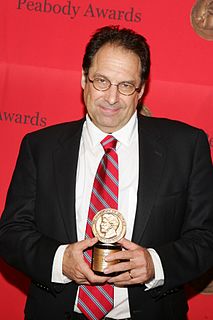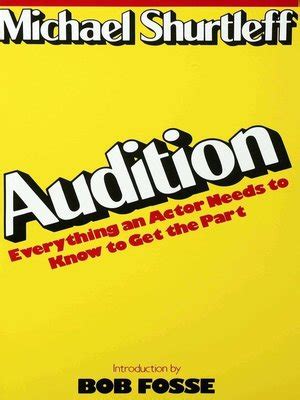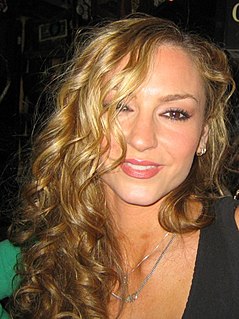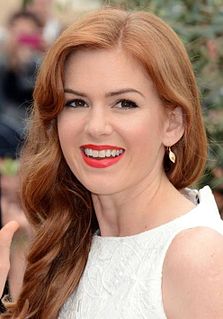A Quote by Clive Owen
For an actor, it's very important to get a clear idea of what a director wants, and their intention for what they want to get out of a scene and how they want to shoot it. Having that knowledge is really valuable, for an actor. It means you can deliver more.
Related Quotes
I think you get the most honest performances when an actor shows up to set with their lines memorized. That's a very important thing that a lot of people seem to forget. You have a pre-conceived notion of what you want the scene to be, but once you get there, that goes out the window and it turns out to be a way that you never imagined.
I think one of the things you have to be aware of as an actor is that if you come on the set and see the director standing there mouthing all the words while a scene is going on, that's usually a very bad sign because it means the director has already shot the scene in his head. He knows exactly the rhythm and the nuances that he wants delivered in the line and you're not going to dissuade him.
The visual stuff just lives inside of you. As far as really being able to take care of an actor on a set, how to talk to an actor, and how to get what you need out of a scene is probably where I might know a thing or two. Although, in TV, the actors are pretty much left alone. It's really the writer's medium more than anything.
I generally go into a movie with a very strong vision, with how I want to make the film, how I want to shoot the film, how I want to edit the movie, what I want the sound to sound like. So I have a very concrete idea even if I don't storyboard it, I know exactly what I want to do once I get into the sequence. Now having said that, I try not to let that slave me to the process. So if I do storyboard a sequence I don't necessarily stick to it if I discover more exciting things on set.
I'm the type of actor that believes the director has to be in charge. I've been on sets where the actor's ego was the most important thing, and with a director that messes it up. But I don't like a dictator, I want it to be collaborative - the best idea wins. If I feel respected, and I'm going to give that back. If a director wants to try something, cool, I'll give it back. I also feel like they cast me for a reason, so I'm going to make my mark on it... let me do my thing.
You can say something that can really help and actor and you can say something that can really get in the way of an actor's performance, kind of cut them off from their instincts and really get into their heads. And every actor's different. Every actor requires something different. Being an actor, for me, was the greatest training to be a writer and director.
Stepping out of the director's chair completely and into a scene as an actor was weird. It was more excitement about directing than anything, but I was on a high from being a director and enjoying that process so much that going back to being an actor was almost secondary because I really was loving directing.




































